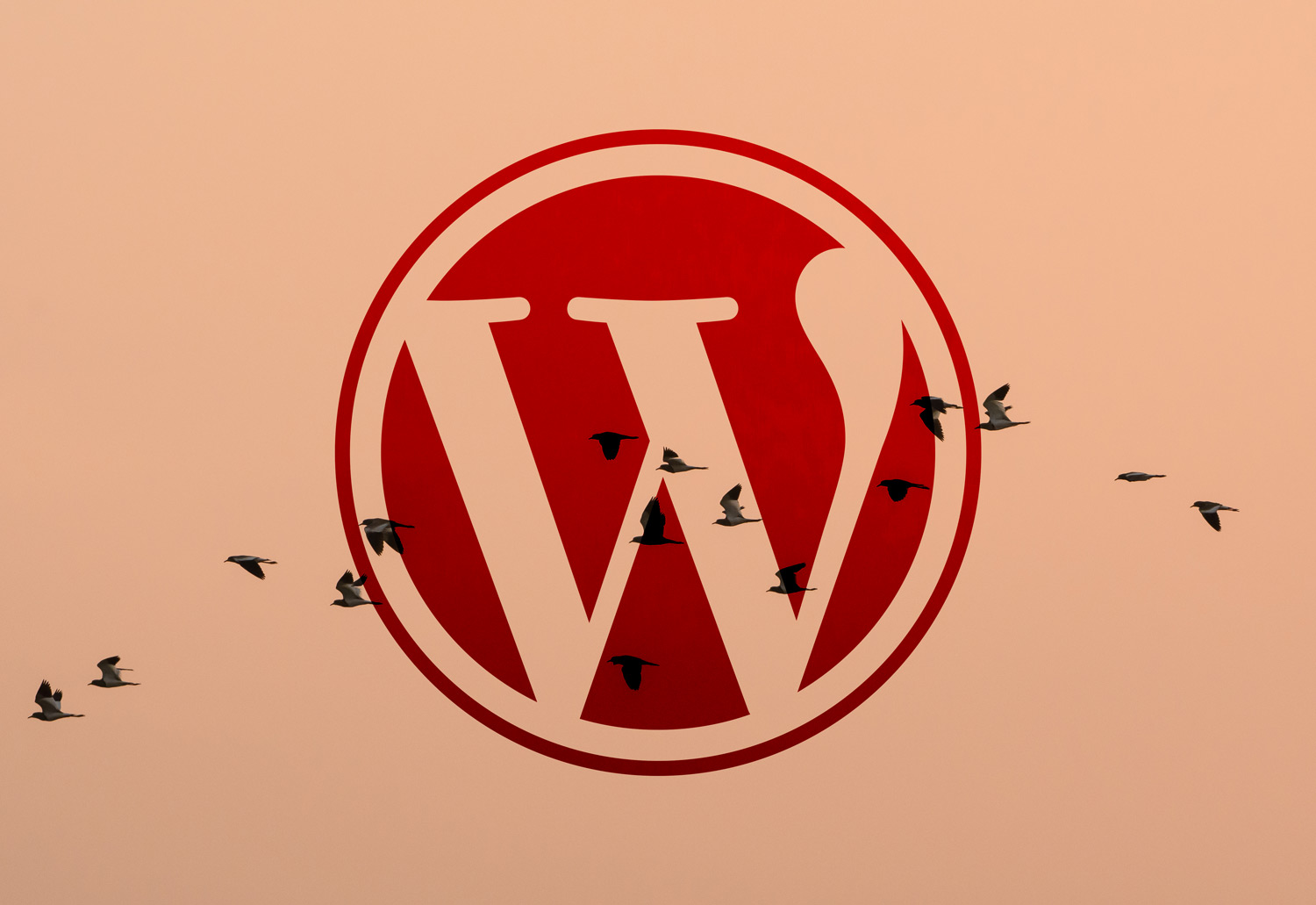WordPress is the world’s most popular content management system. Millions of businesses of all sizes use WordPress for its award-winning usability and functionality. However, there are always benefits and drawbacks to any CMS and choosing the best one for your needs is crucial to your chances of developing a great website. Here are five reasons why WordPress might be right for you.
1. SEO
Good SEO is the lifeblood of any successful website. With decent search engine optimization, your site will always attract new visitors. The developers at WordPress have a lot of experience in search engine optimization and have written code that search engines love for its simplicity and clarity.
There are many plugins available for WordPress users that help promote effective SEO. Plugins can help with a range of SEO topics from XML Sitemap functionality to the creation of canonical URLs to avoid the ranking penalties that result from duplicates. SEO is a major consideration for any web developer and WordPress’s entire operation is centered around helping its websites rank highly.
2. Customization
WordPress benefits from having an immense array of customization options so you get all the stability and practicalities of a large CMS combined with the individuality of a smaller one. The WordPress community has access to literally thousands of free plugins which fulfill a multitude of different needs.
The plugins offer a near limitless supply of personalization choices so you never have to worry about your site seeming generic or formulaic. Through customization, businesses and individuals are able to stamp their own personality and branding on to their sites with ease and efficiency.
3. Ease of use
WordPress has won many awards for its ease of use and is considered a practical choice for individuals with any level of technical knowledge. The basics of the CMS are simple and easy to understand without the necessity of any prior web development knowledge.
The usability of WordPress means that it’s a practical choice for a company with multiple website contributors. Each department or individual in an operation can be shown how to make changes to the website so that updates can be made by the most appropriate person for the job.
4. Scalability
One of the main benefits of migrating to WordPress is its scalability. The scope of the CMS means that, however big your business grows, WordPress is able to evolve and grow alongside it. If your enterprise moves in an unexpected direction and you want to incorporate a new facet to the business, there will be room to do so with a large and well-developed CMS.
WordPress can handle vast amounts of data so you won’t have to worry about your business outgrowing your website’s capabilities. The longevity and stability that using a large CMS like WordPress affords is invaluable to any ambitious business.
5. Blogging
WordPress originated as a simple outlet for bloggers and the legacy of that is still apparent today. The ability to easily publish blog posts is an under-rated feature that many other content management systems lack. Upon publishing a blog, WordPress automatically adds archives, tags and categories pages to a site which helps immensely with search engine indexing.
Blog posts are an almost essential aspect of business websites that often go overlooked. Regularly adding fresh content is one of the most effective ways to rank highly in search engine results and blogs are the simplest way to do so. With WordPress’s impressive blogging platform, it’s easy and quick to improve your SEO.
There are many CMS available and they all have their good points and their bad. WordPress is favored by many people for its abundance of helpful features and flexible usability. Hard work can be made easier with the right choice of content management system but, ultimately, how you utilize the software for your own ends will define how well your website performs.

